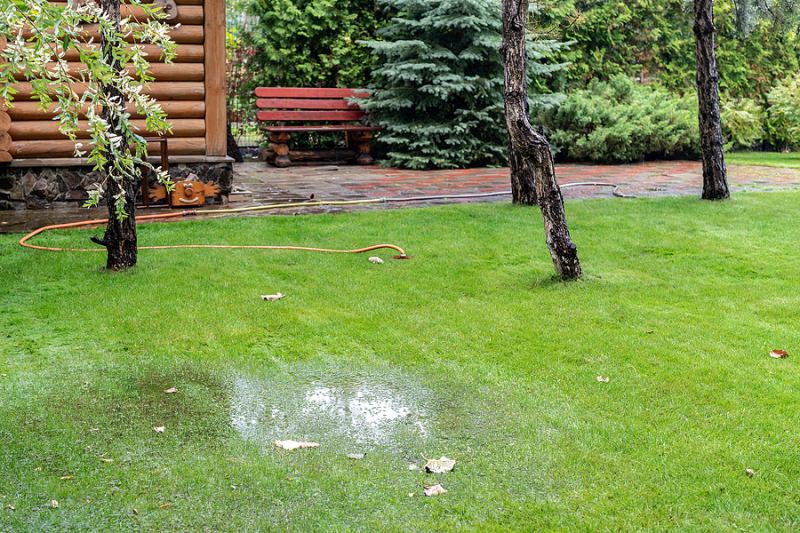
The spring season comes with plenty of rain which can impact the functioning of your leach field. Too much rainfall during spring can saturate your leach field, thereby diminishing its ability to disperse sludge and wastewater into the soil.
Your leach field is designed to accept, treat and disperse wastewater as it percolates through the soil. However, heavy rain can cause flooding in your leach field and lead to problems like slow drains and backflow. When the wastewater in your leach field has nowhere to go, it can flow back through your pipes into your home’s plumbing.
You’ll know your leach field is failing if you notice problems such as slow drains, toilets not flushing, foul smells around the leach field, and soggy soil pooling above the leach field.
So these are some of the problems you should look out for in spring.
Regular septic tank pumping is an essential part of keeping your leach field in good working order. If your septic tank is not pumped out regularly, there will be excess overflow which will lead to leach field flooding.
Your septic tank should be pumped every 2 to 5 years, depending on the size of the septic tank, household size and usage.
Pumping your septic tank in the spring helps to prevent issues such as drain backup, bad odors, and water contamination. It also helps to prolong your septic tank’s lifespan.
Overloading your septic system with water drastically diminishes the leach field’s ability to handle excess wastewater by not leaving enough time for the wastewater to leach into the soil.
A leach field is designed to handle a specific capacity based on the amount of usage in a household. When you exceed this capacity, the leach field may become completely saturated with wastewater and cause backups.
Here are some of the ways you can reduce water usage in your home.
Gutter runoff could cause flooding in the leach field, making it ineffective. If there are any gutters and spouts pointing toward your leach field, ensure you direct them away from the leach field.
Heavy vehicles or equipment will not only make it more susceptible to flooding in the spring, but it may also damage the perforated pipes that disperse the sludge and wastewater in the leach field.
If you’re looking for a reputable septic company to help you resolve leach field problems or help you with leach field maintenance, get in touch with Rooter Septic Services. We are a reliable septic company that provides a full range of septic services including septic tank pumping, septic cleaning, septic tank repair and more.